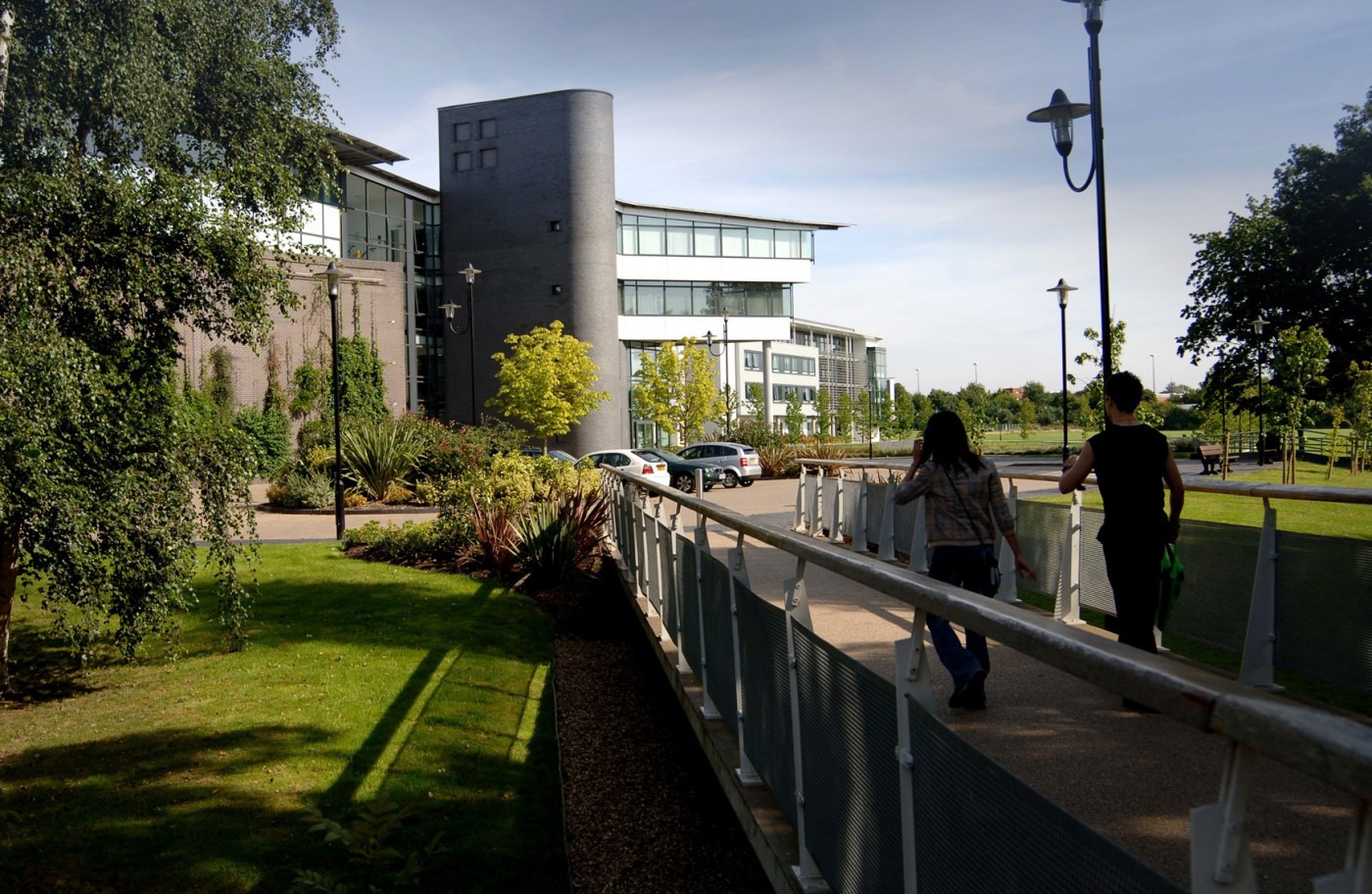WMG research round-up
Known simply as WMG, Warwick Manufacturing Group was founded in 1980 by Professor Lord Bhattacharyya and has since grown into a world-leading centre for collaboration between industry and academia. With work spanning cyber security, intelligent vehicles, data science, battery engineering, healthcare technologies, and so much more, WMG is undoubtedly a jewel in Warwick’s research crown. Despite the department’s strong presence on campus, for many students at Warwick, WMG’s research remains a mystery. So, without further ado, let’s take a look at some of the biggest WMG headlines from this academic year.
Coventry Very Light Rail testing facility
The academic year got off to a strong start in early October with the unveiling of a new testing facility for the Coventry Very Light Rail project, which aims to develop a modern and affordable light rail system for the city. The demo site, which is based at WMG, was designed and built using recently developed, advanced material and manufacturing processes, and allows simulations of a range of scenarios. The track form has been developed to work with a zero-emission, battery-powered lightweight shuttle vehicle.
Power electronics, machines and drives education programme
Later in October, WMG and the School of Engineering won a £1 million grant to launch a new education programme aimed at tackling the increasing demand for skilled professionals in the power electronics, machines, and drives (PEMD) industry. The programme, called the Warwick Electrification Deployment (WELD), will combine increased teaching provision with outreach and industry workshops to develop training in the sector. Prof. Peter Gammon, Head of Research for the School of Engineering, explains how the initiative will “help increase the flow of engineering graduates into the industry via new PEMD and Automotive Electrification MScs, while an extensive outreach programme will help educate and inspire the next generation of engineers.”
Motorway merging technology
In partnership with Jaguar Land Rover, Yunex Traffic, and a range of public transport bodies, it was announced in November that researchers from WMG have pioneered improved motorway merging technology to improve the safety of self-driving cars. The technology utilises vehicle sensors and roadside infrastructure to allow autonomous cars to gain a more detailed understanding of their environment and hence complete merging manoeuvres more easily at high speeds.
Energy and Net Zero Roadmap
In January, it was announced that WMG are rolling out their Business Energy Aid Toolkit (BEAT), an Energy and Net Zero Roadmap designed to review and reduce the energy consumption of small and medium-sized enterprise (SME) companies. The project was developed in response to the current energy crisis, and following a successful pilot program in October, aims to help prepare manufacturing companies for a net-zero future. The project lead, Christopher Wells, explains that the toolkit will allow businesses to “save energy and increase profitability”, as well as help “companies and the UK move toward net-zero targets.”
Battery collaboration with Bolivia
January was a particularly exciting month for WMG research, with the department also partnering with the Bolivian Government to develop lithium battery technology. The combination of Bolivia’s vast salt flats with WMG’s battery expertise is set to be a potent mixture with Professor Mike Shipman, the University of Warwick’s Pro-Vice-Chancellor (International), describing how the collaboration will “build new capabilities in Bolivia and help the global transition to sustainable power solutions through innovative research and training.” The partnership will also see a number of master’s degree scholarships offered to Bolivian students.

Comments